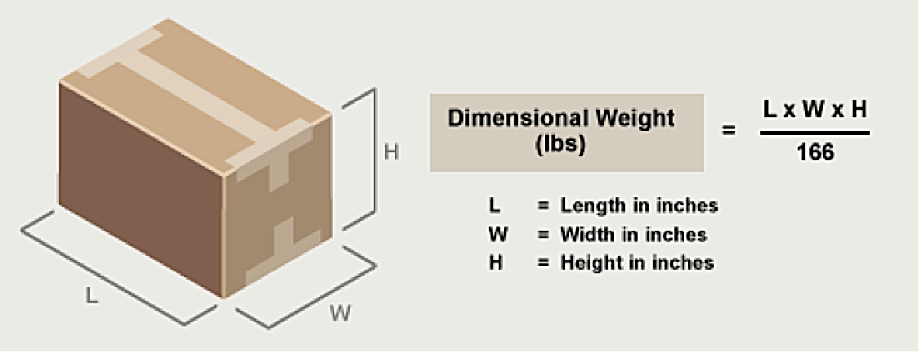top of page

TOOLS
Terms of Sale/INCOTerms
EXW
- Ex Works (named place) The seller fulfills his obligation to deliver when he has made the goods available at his premises (ie. works, factory, warehouse) to the buyer.
FCA
- Free Carrier (named place) The seller satisfies his obligation to deliver when he has handed over the goods, cleared for export, into the charge of the carrier named by the buyer at the named place or point, if the buyer instructs the seller to deliver the cargo to a person eg. a freight forwarder who is not a “carrier”, the seller is deemed to have completed his obligation to deliver the goods when they are in that person’s custody.
FAS
- Free Alongside Ship (named port of shipment) The seller satisfies his obligation to deliver the goods when the goods are placed alongside the vessel on the quay or lighters (barges) at the named port of shipment.
FOB
- Free on Board (named port of shipment) Means the seller completes his obligation to deliver when the goods are on board at the named port of shipment.
CFR
- Cost & Freight (named port of destination) The seller must pay the cost and freight necessary to bring the goods to the named port of destination.
CIF
- Cost, Insurance & Freight (named post of destination) The seller has the same obligations as under CFR, but must also procure marine insurance against the buyer’s risk of loss of, or damage to the goods during carriage.
CPT
- Carriage Paid To (named port of destination) The seller pays the freight for carriage of the goods to the named destination. The risk of loss of, or damage to the goods, as well as any additional costs due to events occurring after the time the goods have been delivered to the carrier, shifts from the seller to the buyer when the goods are delivered into the custody of the carrier. In this context, “carrier” means any person who, in a contract of carriage, undertakes to perform or to procure the performance of carriage by rail, road, sea air, inland waterway, or by a combination of such modes. If subsequent carriers are used for the carriage to the agreed destination, the risk passes when the goods have been delivered to the first carrier. The CPT team requires the seller to clear the goods for export. The term applies to any mode of transport, including multimodal transport.
DDP
- Delivered Duty Paid (named place of destination) The seller fulfills his obligation to deliver when the goods are available at the named place in the country of importation.
DAT
- Delivered at Terminal (named place) Seller delivers when the goods, once unloaded from the arriving means of transport, are placed at the disposal of the buyer at a named terminal at the named port or place of destination. “Terminal” includes quay, warehouse, container yard or road, rail or air terminal. Both parties should agree the terminal and if possible a point within the terminal at which point the risks will transfer from the seller to the buyer of the goods. If it is intended that the seller is to bear all the costs and responsibilities from the terminal to another point, DAP or DDP may apply.
DAP
- Delivered at Place. Seller delivers the goods when they are placed at the disposal of the buyer on the arriving means of transport ready for unloading at the named place of destination. Parties are advised to specify as clearly as possible the point within the agreed place of destination, because risks transfer at this point from seller to buyer. If the seller is responsible for clearing the goods, paying duties etc., consideration should be given to using the DDP term.
CIP
- Carriage & Insurance Paid To (named place of destination) The seller has the same obligations as under CPT, but must also procure cargo Insurance against the buyer’s risk of loss of, or damage to the goods during the carriage. The seller contracts for Insurance and pays the Insurance premium, although he Is required to obtain only minimum coverage. The seller must clear the goods for export.
Dimensional Weight Calculations

* For International Air Shipments:
L x W X H (inches) / 166 = Dimensional Weight (lbs.)
L x W x H (inches) / 366 = Dimensional Weight (kg.)
L x W x H (cm) / 6000 = Dimensional Weight (kg.)
Example: 30″ x 24″ x 22″ = 15/840 / 166 = 96 lbs. (round up to the nearest pound)
* For Ocean Shipments:
L x W X H (inches) / 1728 = Dimensional Weight (Cubic Feet)
L x W x H (inches) / 1728 * .028317 = Dimensional Weight (Cubic Meters)
L x W x H (in cm) / 1,000,000 = Dimensional Weight (Cubic Meters)
Example: 30″ x 24″ x 22″ = 15/840 / 166 = 96 lbs. (round up to the nearest pound)
* Other Info:
1 kg = 2.20462 lbs.
1 CBF = 1728 Cubic Inches
CBF (Cubic Feet) / 35.32 = CBM (Cubic Meter)
CBM x 35.32 = CBF x 15 = lbs.
CBF X 1728 / 166 = lbs.
1 CBM = 367.67 lbs. = 166.77 kg
1 LB x 166 /1728 / 35.32 = CBM
1 CBM = 35.32 x 1728 / 166 = 367.67 lbs.
CBM x 35.32 x 1728 / 166 = lbs.
Cubic Centimeter (CM)ᶾ / 1/000/000 = CBM
Cubic Inches (IN)ᶾ / 1728 = CBF / 35.32 = CBM
CBF x 1728 = Cubic Inches / 366 = kg
bottom of page
